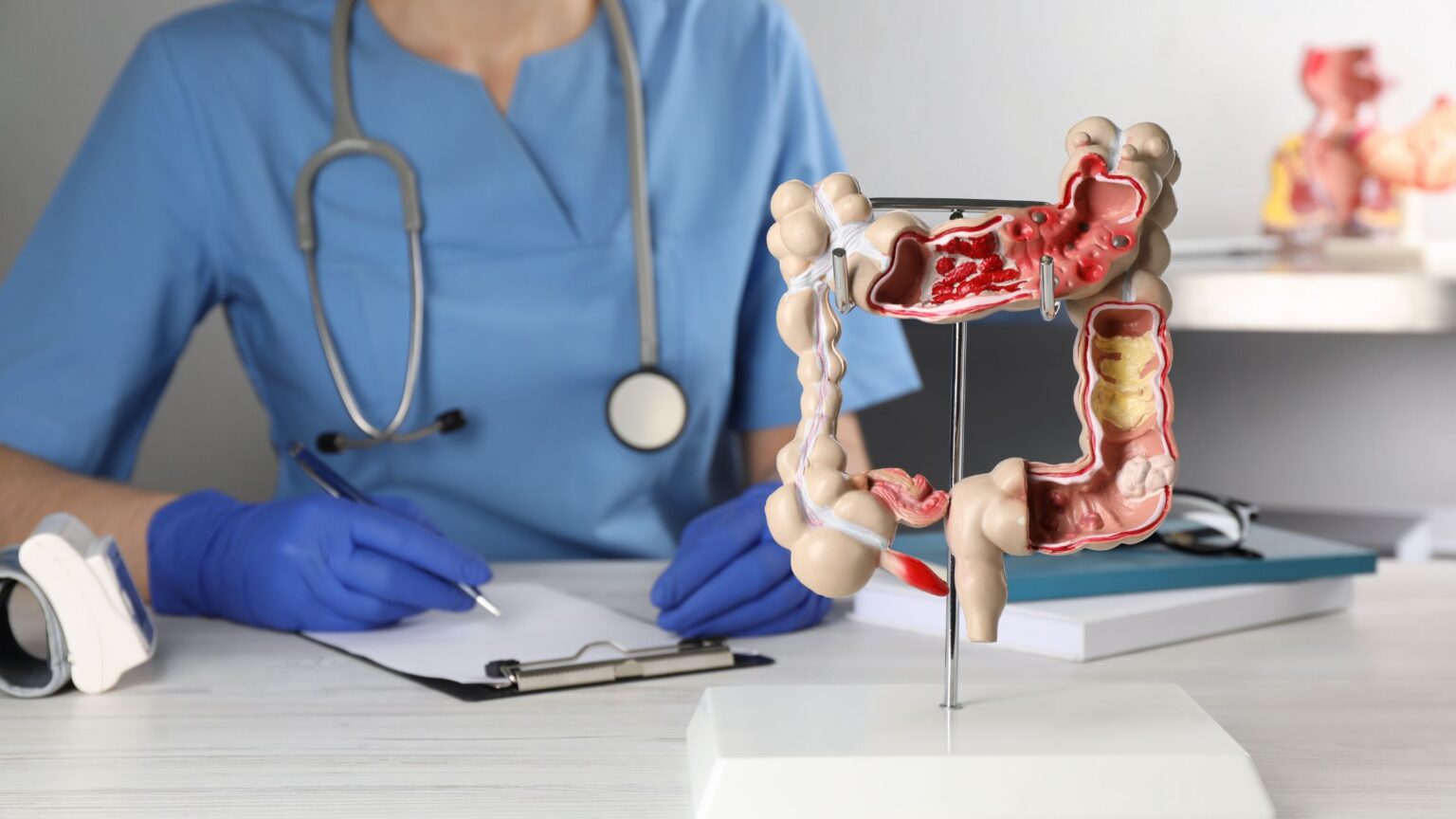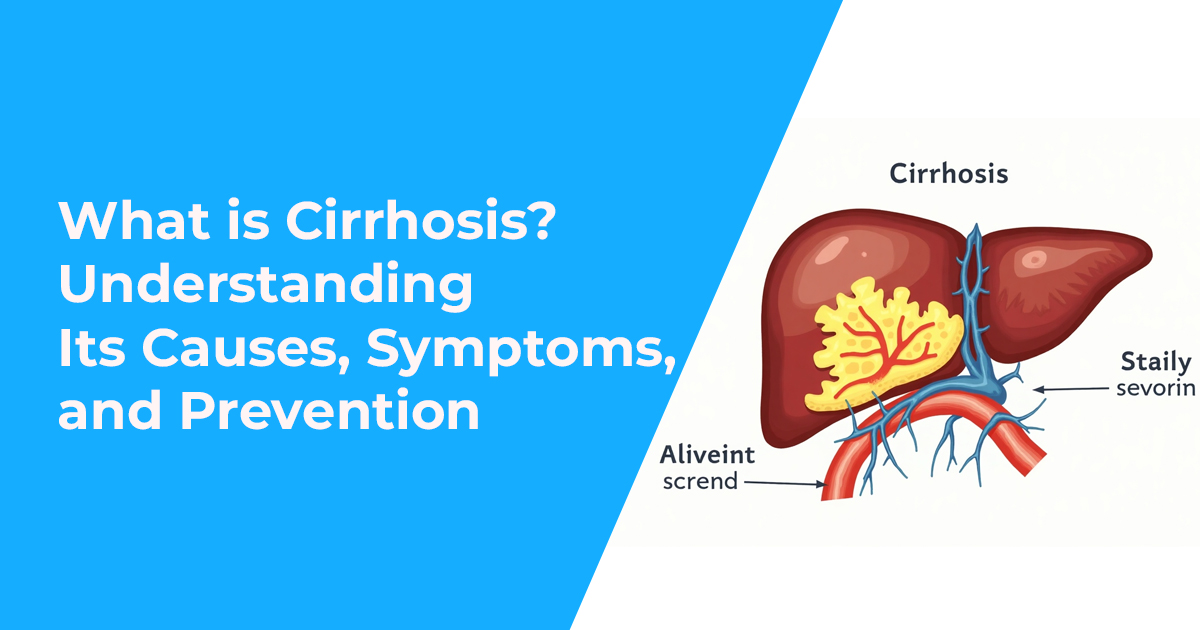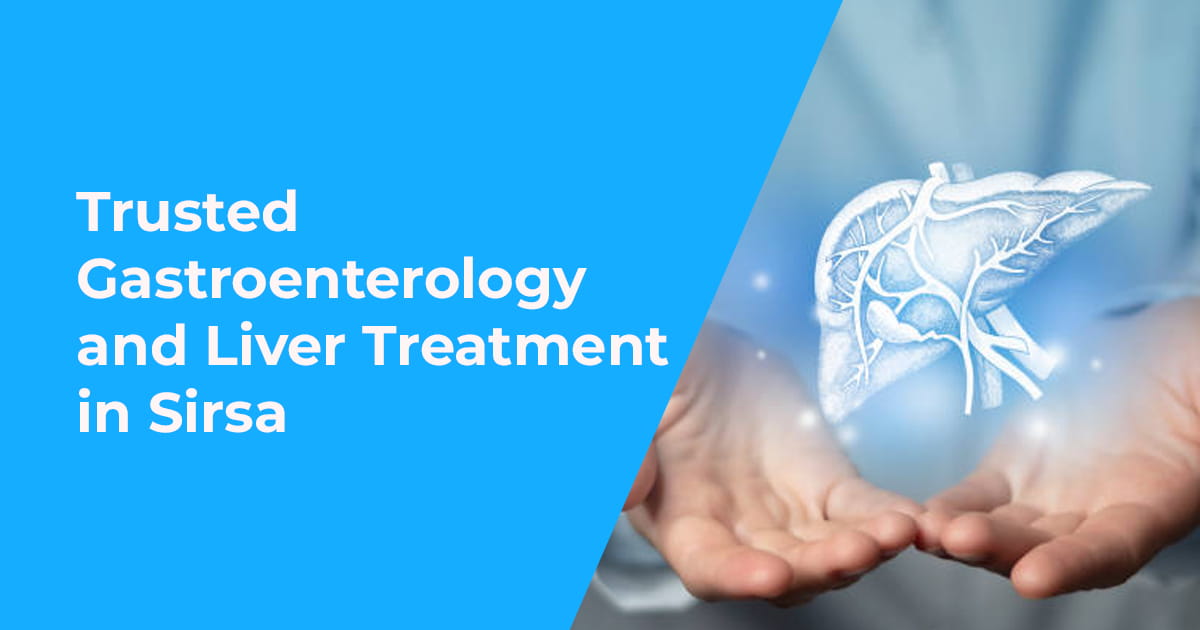Do you frequently experience stomach pain, bloating, or diarrhea? Are you struggling with acid reflux and heartburn even while taking medication? If your digestive system is giving you a hard time, it’s time to pay attention. Ignoring these symptoms can lead to bigger problems down the line. Thankfully, help is just around the corner – in the form of a gastroenterologist! In this blog post, we’ll highlight some common signs that indicate it may be time for you to seek out a specialist in gastrointestinal health.

What are the signs you need to see a gastroenterologist?
Some signs you should consider seeking medical advice from a Gastrologist in Sirsa include unexplained weight loss, chronic abdominal pain, difficulty swallowing, and persistent changes in bowel habits.
Other symptoms that warrant medical attention are rectal bleeding, black stools or bloody stools, constant nausea and vomiting, jaundice, and persistent indigestion.
If you experience any of these symptoms regularly or become more severe over time, it is important to seek professional help as soon as possible. A visit with a Gastroenterologist Hospital in Sirsa can provide an accurate diagnosis and help you find the best treatment plan for your needs.
How can a gastroenterologist help you?
Gastroenterologists are experts in treating diseases and conditions of the digestive system. This includes disorders of the esophagus, stomach, small intestine, colon, rectum, gallbladder, bile ducts, and pancreas. They also diagnose and treat liver diseases such as hepatitis C infection.
A gastroenterologist can help you with issues like constipation or irritable bowel syndrome (IBS), heartburn or acid reflux disease (GERD), gastrointestinal bleeding, ulcers, or inflammation of the intestines (Crohn’s disease).
In addition to diagnosing problems, they may also perform endoscopic procedures such as a colonoscopy to detect cancers or polyps; placement of a feeding tube into your intestine; removal of foreign objects from your digestive tract; laser treatments for certain abnormal growths; insertion of stents into narrowed areas in your bile ducts or pancreatic ducts to relieve blockages.
Types of surgery that a gastroenterologist may perform
Different surgeries performed by gastroenterologists include endoscopic retrograde cholangiopancreatography (ERCP), a procedure to diagnose and treat problems of the bile ducts and pancreas; endoscopy, which is used to look inside the digestive system and diagnose disorders; colonoscopy, used to screen for colon cancer or remove polyps; enteroscopy, which allows a physician to examine parts of the small intestine that cannot be seen with a standard endoscope; laparoscopic surgery, where small incisions are made in the abdomen, and video cameras are inserted into organs so doctors can operate within them without making large cuts through the skin.
Additionally, gastroenterologists may perform liver biopsies – removing tiny pieces of tissue from an organ for diagnostic purposes – and bariatric surgery for weight loss.
Conclusion
If you have any of the following symptoms, it is advisable that you see the Top Gastroenterologists in Sirsa: persistent diarrhea or constipation; bloating; gas; stomach pain; nausea or vomiting. If these symptoms persist for over two weeks, please seek medical attention.








